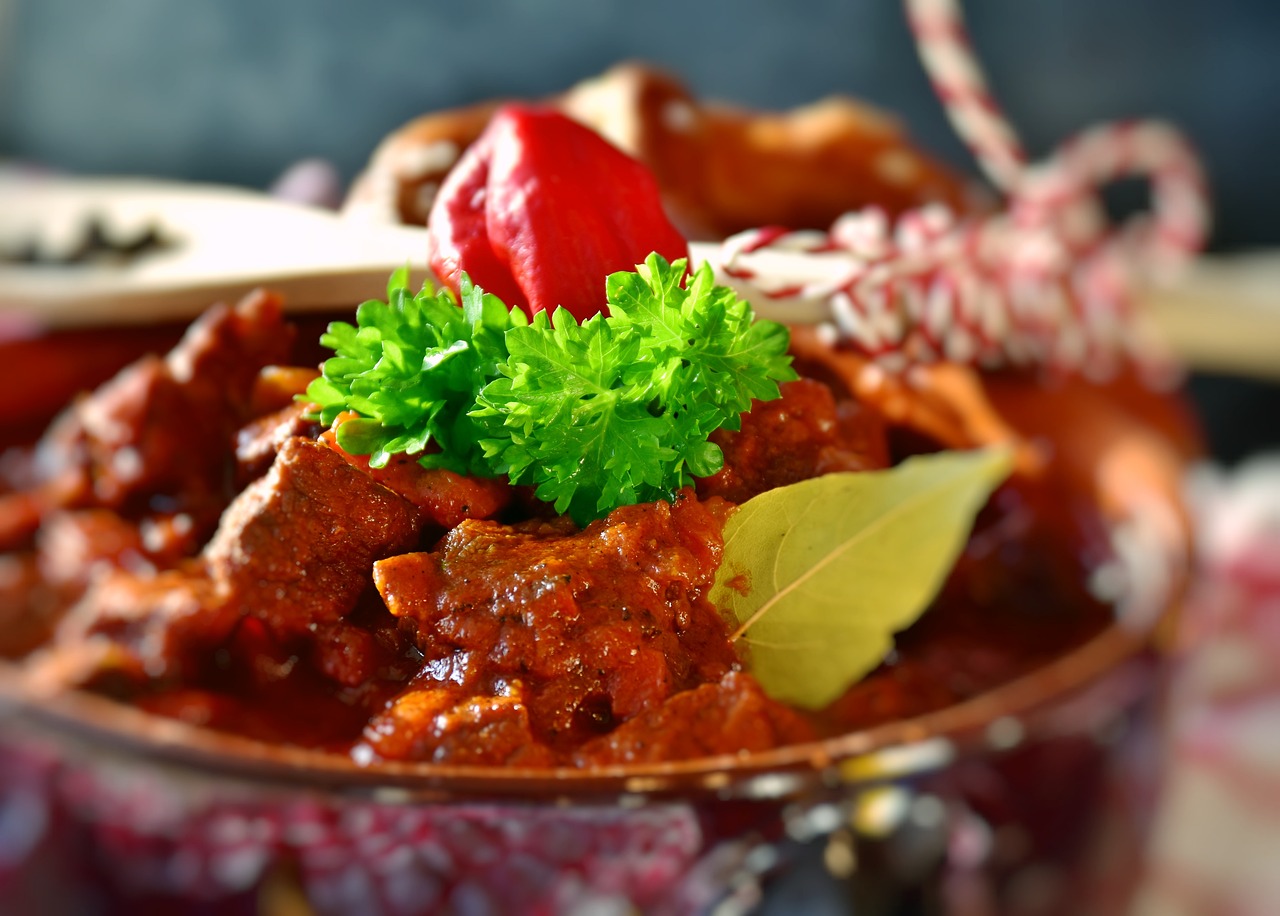The Art of Food Festivals: Celebrating Culture Through Cuisine
Food festivals around the world often share common themes that reflect the cultural significance of food. One prevalent theme is the celebration of local and traditional cuisine, showcasing the unique flavors and culinary heritage of a particular region. These festivals serve as a platform for communities to come together and appreciate the diverse range of dishes that make up their food culture.
Another common theme in food festivals is the emphasis on sustainability and farm-to-table practices. Many events promote the use of locally sourced ingredients, organic farming methods, and eco-friendly food production techniques. This focus on sustainability not only highlights the importance of mindful consumption but also fosters a greater appreciation for the environment and the interconnectedness of food systems.
History and Origins of Food Festivals
Food festivals have a rich history that dates back centuries, with origins rooted in ancient cultural celebrations and religious ceremonies. These events served as a way to honor deities, commemorate important agricultural milestones, or simply bring communities together to share food and revel in each other’s company.
As civilizations evolved and expanded, food festivals continued to play a significant role in showcasing local cuisine, traditions, and customs. From the vibrant street markets of Asia to the elaborate feasts of Europe, these festivals have become a cherished part of our global culinary heritage, offering a unique glimpse into the diverse culinary practices that have shaped societies throughout history.
What are some common themes found in food festivals?
Some common themes found in food festivals include celebrating local or regional cuisine, showcasing traditional cooking methods, promoting food sustainability, and highlighting specific ingredients or dishes.
How did food festivals originate?
Food festivals have origins dating back to ancient times when communities would come together to celebrate harvests or other agricultural milestones. These festivals served as a way to share and enjoy food, as well as to bring people together in a spirit of camaraderie.
Why are food festivals popular today?
Food festivals have remained popular today because they offer a unique opportunity for people to experience different cuisines, support local food producers, and learn about food traditions and cultures from around the world. Additionally, food festivals provide a fun and social way for people to connect over a shared love of food.
How do food festivals contribute to local economies?
Food festivals can have a positive impact on local economies by bringing in tourists and visitors, boosting sales for local food vendors and restaurants, and promoting the region’s culinary identity. Additionally, food festivals can help to increase awareness of and demand for local food products.





